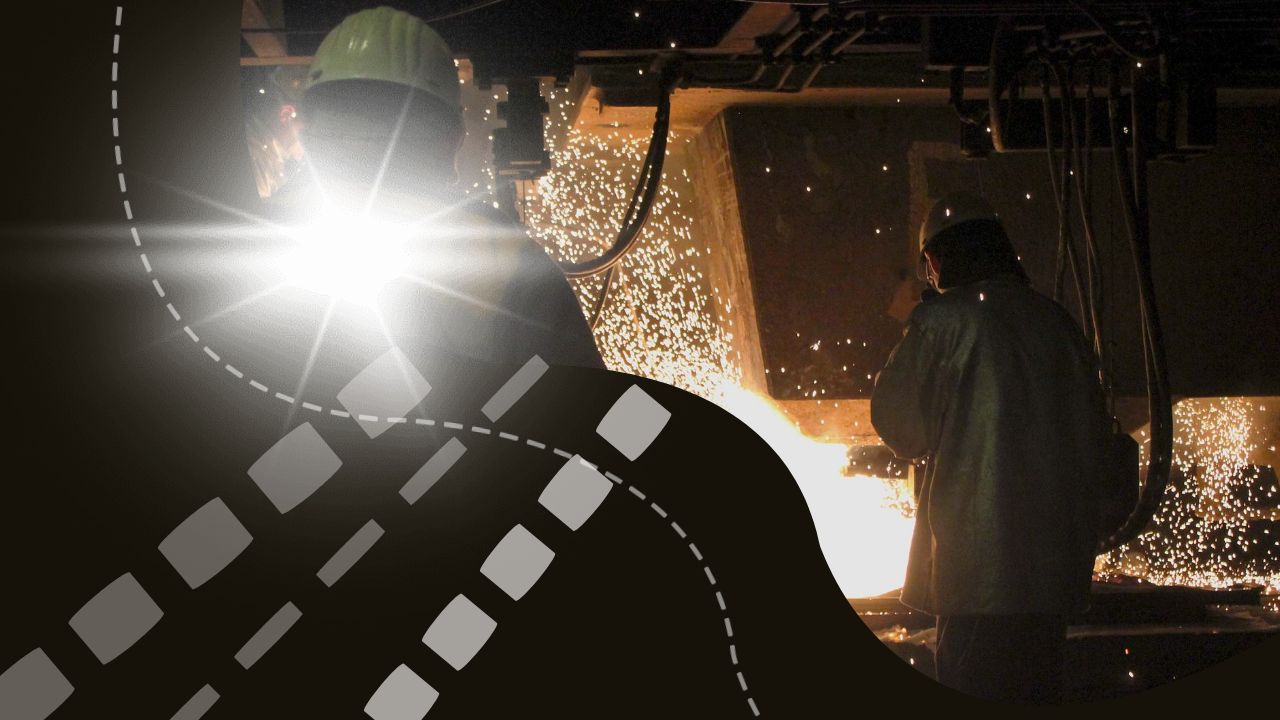Controversial plans to extract 95,000 tonnes of coal in close proximity to Ammanford have been unequivocally rejected by the esteemed councillors of Carmarthenshire. The council’s planning committee, in a unanimous decision, wholeheartedly endorsed the officers’ recommendation of refusal, evoking a round of applause from the individuals present in the gallery at County Hall, Carmarthen.
During the committee hearing, it came to light that a staggering 826 objections were raised against the proposal, whereas only a minuscule number of letters offered support, including those from clients of Bryn Bach Coal, the company behind the application to expand its Glan Lash operation, submitted nearly four years ago. The proposed extension, spanning 10 hectares, would have resulted in the loss of fields, hedgerows, and a “wet woodland.”
However, a planning officer clarified that only 6.5 hectares would be excavated, a reduction from the initial proposal, with a maximum depth of 52 meters. The applicant stated that the excavated anthracite would be used for industrial purposes such as water filtration, brick coloring, and brushes for electric cars, but not for energy generation. Nevertheless, a portion of the coal would have been supplied to companies involved in the steel industry.
If granted approval, the extraction of 95,038 tonnes of coal would have taken place over a period of just over six years, simultaneously creating seven additional job opportunities in addition to the existing four at the site’s washery. A restoration plan was submitted, encompassing the creation of streams, a diverse range of habitats, marshy grasslands, broadleaf trees, and additional areas for tree planting, subject to a post-care period of up to 10 years.
Council planning officer Tom Boothroyd succinctly summarized a comprehensive report that meticulously evaluated the project against the Welsh Government’s coal policy statement and the overarching planning policy of the nation, among other pertinent factors. The recommendation for refusal was primarily grounded in the insufficiency of information provided regarding the restoration’s ability to safeguard or enhance priority habitats, specifically the purple moor grassland and the wet woodland, which the council is duty-bound to protect.
Speaking on behalf of Bryn Bach Coal, planning consultant Rob Chichester expressed his client’s patience, considering that the application had been submitted in December 2019. He conveyed surprise and disappointment upon learning that the application was brought before the committee on September 14, as Bryn Bach Coal’s team was diligently preparing a detailed response to address the ecological and habitat concerns raised by the council, which would have been ready in early October.
Mr. Chichester contended that the council was aware of this circumstance and accused it of reneging on an agreement. He earnestly implored the committee to defer their decision and cautioned against the potential for an appeal should the application be rejected.
Magnus Gallie, a planning specialist representing Friends of the Earth, spoke against the proposal, positing that the excavation of coal would inevitably result in the emission of carbon dioxide and methane into the atmosphere. He proposed the utilization of alternative materials, such as sand and gravel, in the water filtration industry, which would yield less harm. Mr. Gallie also voiced concerns over the absence of a legal agreement preventing Bryn Bach Coal from selling its product to any entity, including those involved in the combustion of coal.
Councillor Peter Cooper emphasized that the local community had endured the consequences of opencast mining for far too long. He staunchly believed that “taking a step backwards” was not a prudent course of action and that people should not be subjected to such circumstances once again. He asserted that progress had been made and it was high time to forge ahead.
Councillor Gareth Thomas acknowledged the balanced nature of the planning report and approached the meeting with an open mind. His concern lay in the observation that restored mine sites did not support substantial growth. He expressed the regrettable reality that the land never fully recuperated its original state.
Environmental campaigners had previously called upon the council to oppose the mining plans. Haf Elgar, the director of Friends of the Earth Cymru, commended the Carmarthenshire councillors for their momentous decision to prioritize nature and the climate. She expressed heartfelt gratitude for rejecting further coal extraction at Glan Lash, the last opencast mine in Wales, as it symbolized the ultimate cessation of such practices in the country. Elgar underscored the importance of redirecting focus towards cleaner, greener energy sources and the creation of sustainable green employment opportunities in Carmarthenshire and across Wales, rather than relying on coal, which may be an integral part of the nation’s heritage, but not its future.

